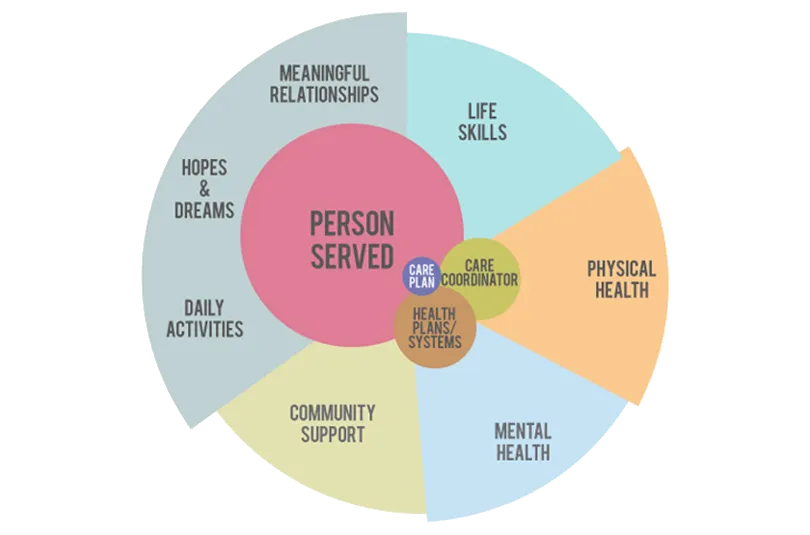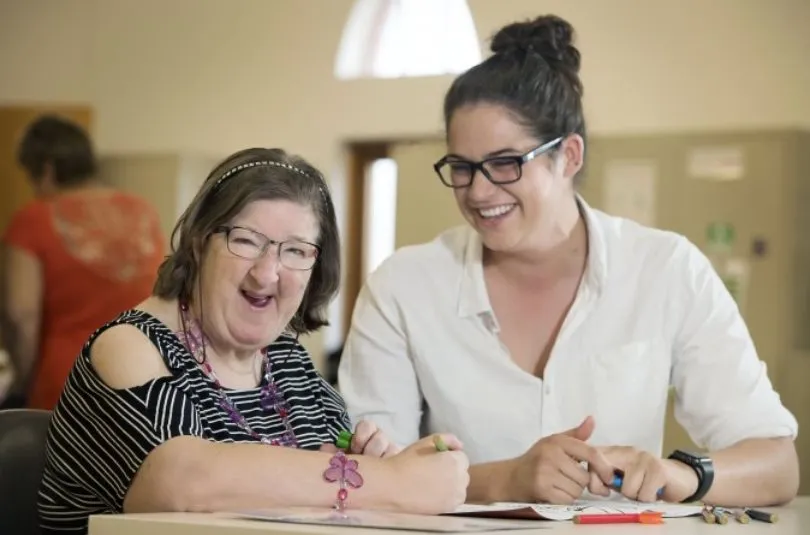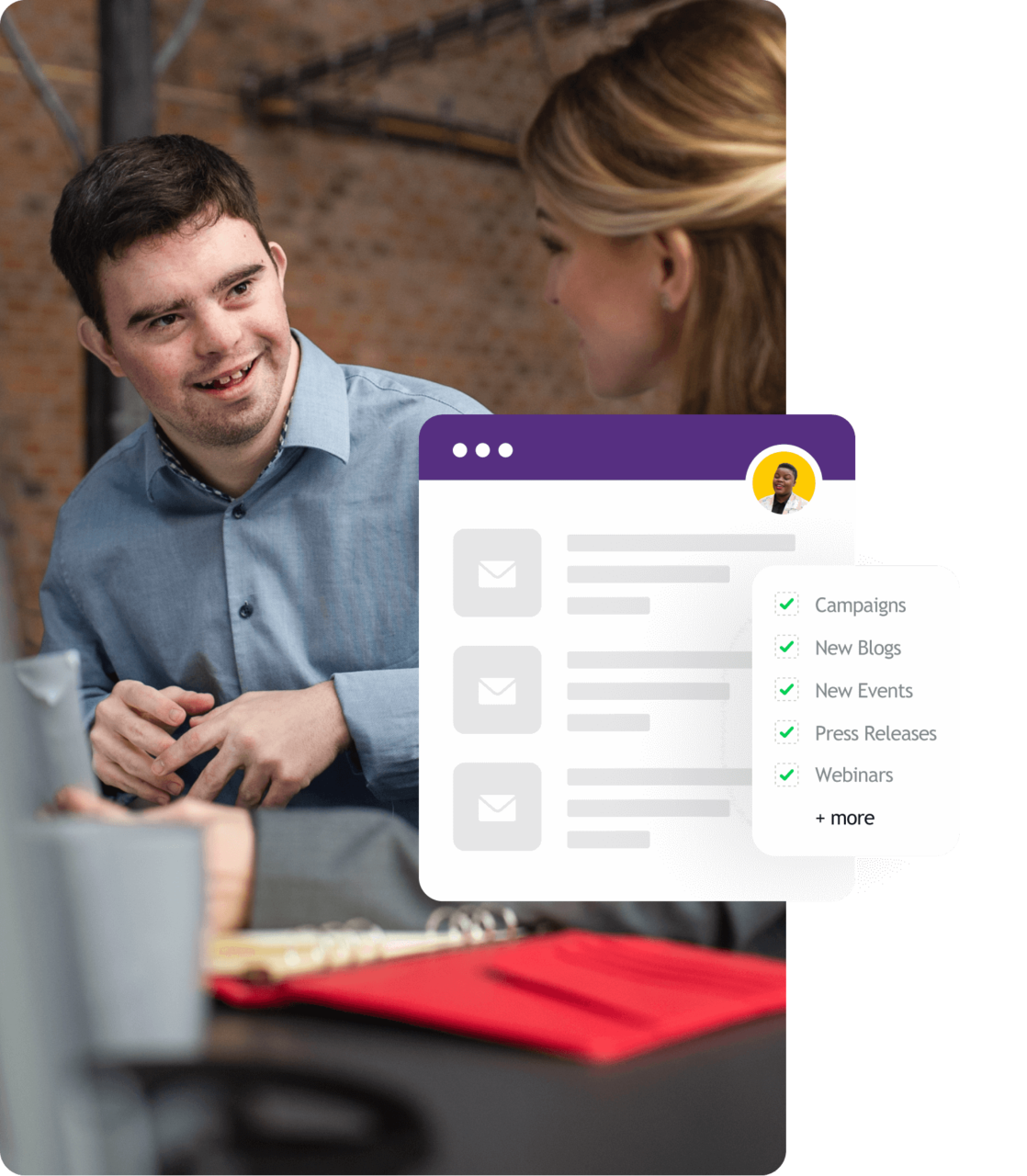How does The Arc provide Support Coordination?
In Virginia, Community Services Boards (CSBs) are the local public entities that determine eligibility for the DD Waivers and that provide DD Waiver case management services, also known as support coordination. The CSBs are required to offer a choice of Support Coordination providers to individuals with active DD Waiver Services.
The Arc of Northern Virginia is a Support Coordination contractor for several regional CSBs, to offer support coordination services to individuals who are actively receiving a Medicaid Waiver. The Arc of Northern Virginia’s support coordination service area consists of Fairfax-Falls Church, Prince William, Loudoun, Alexandria, and Arlington counties.







